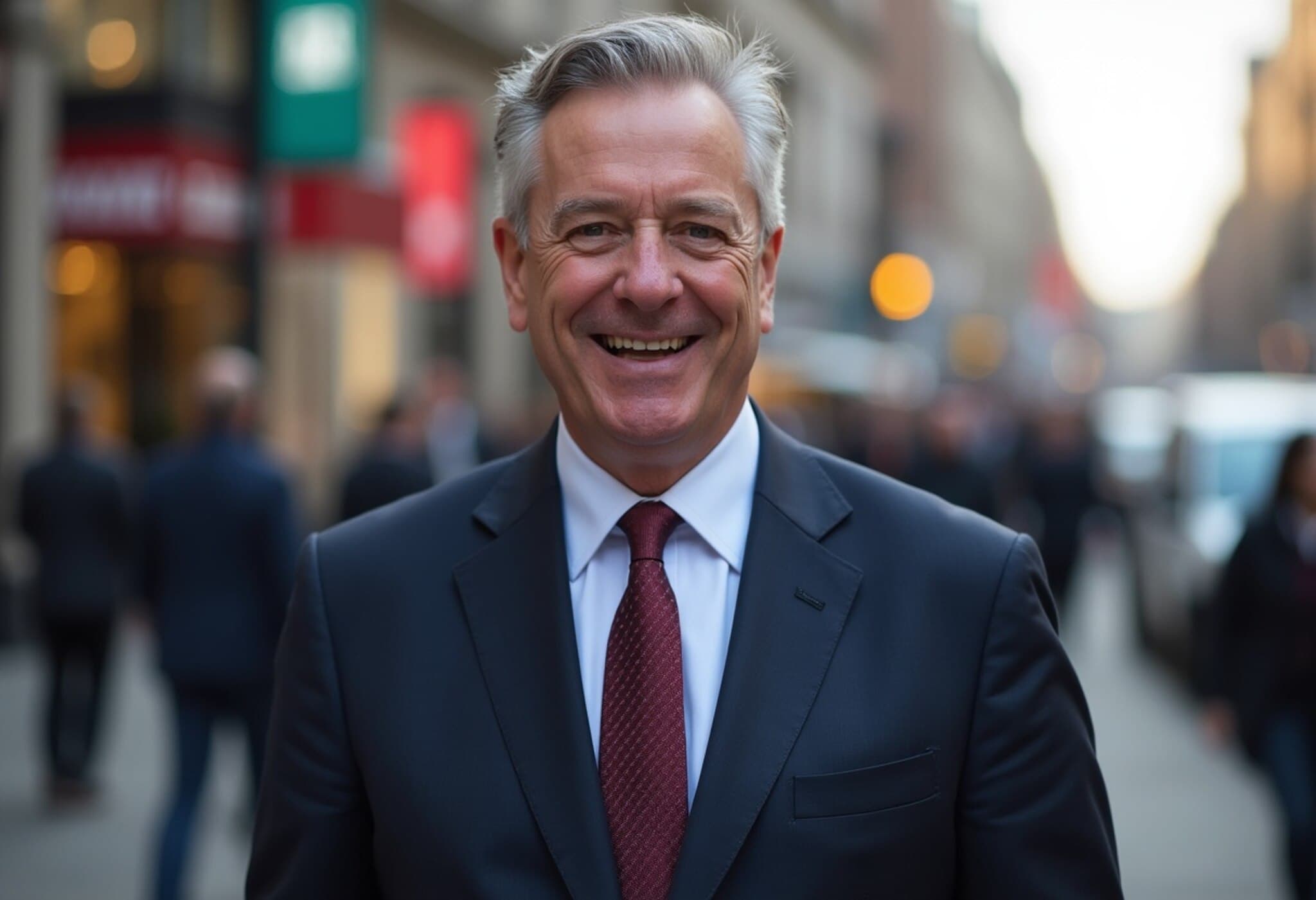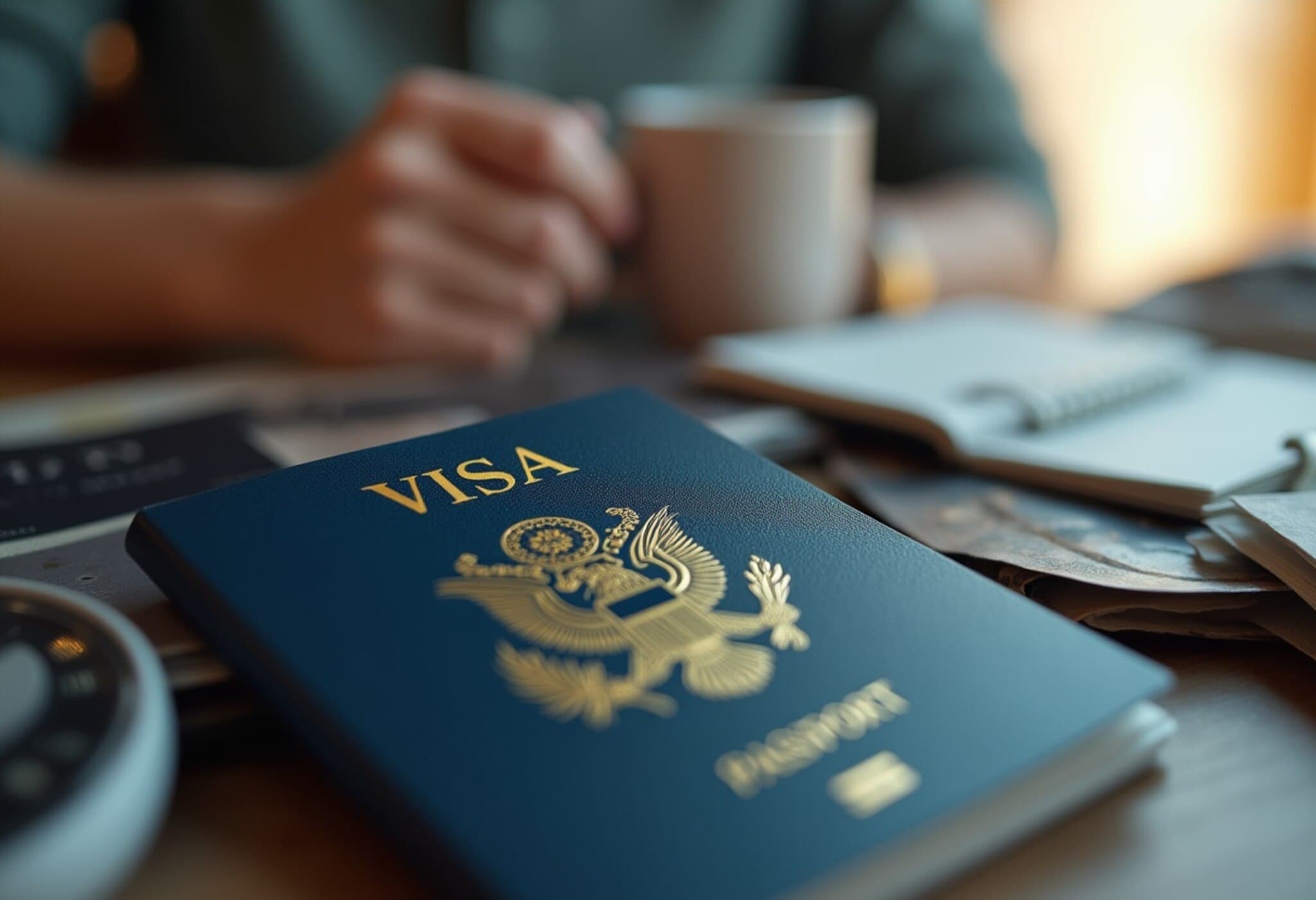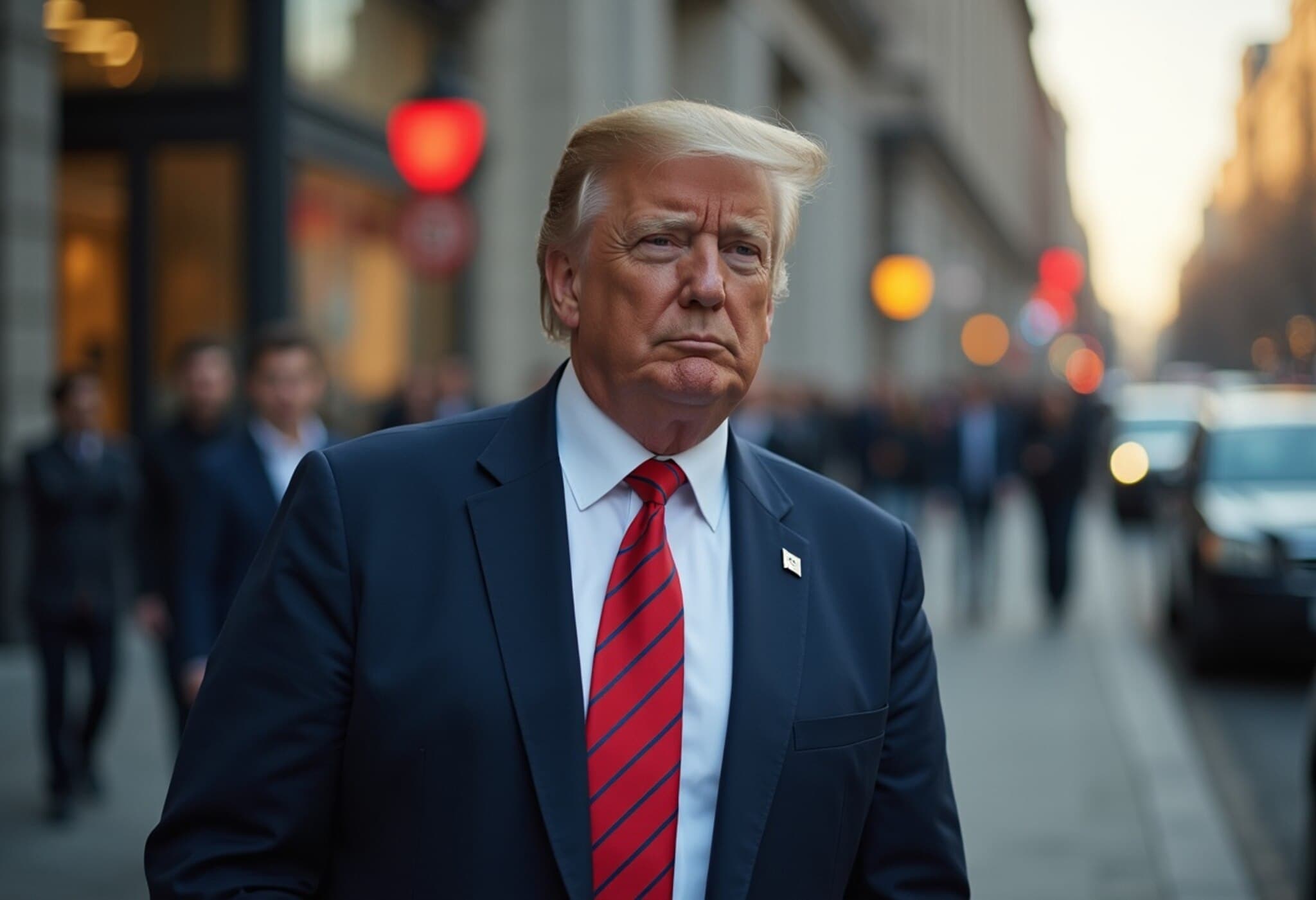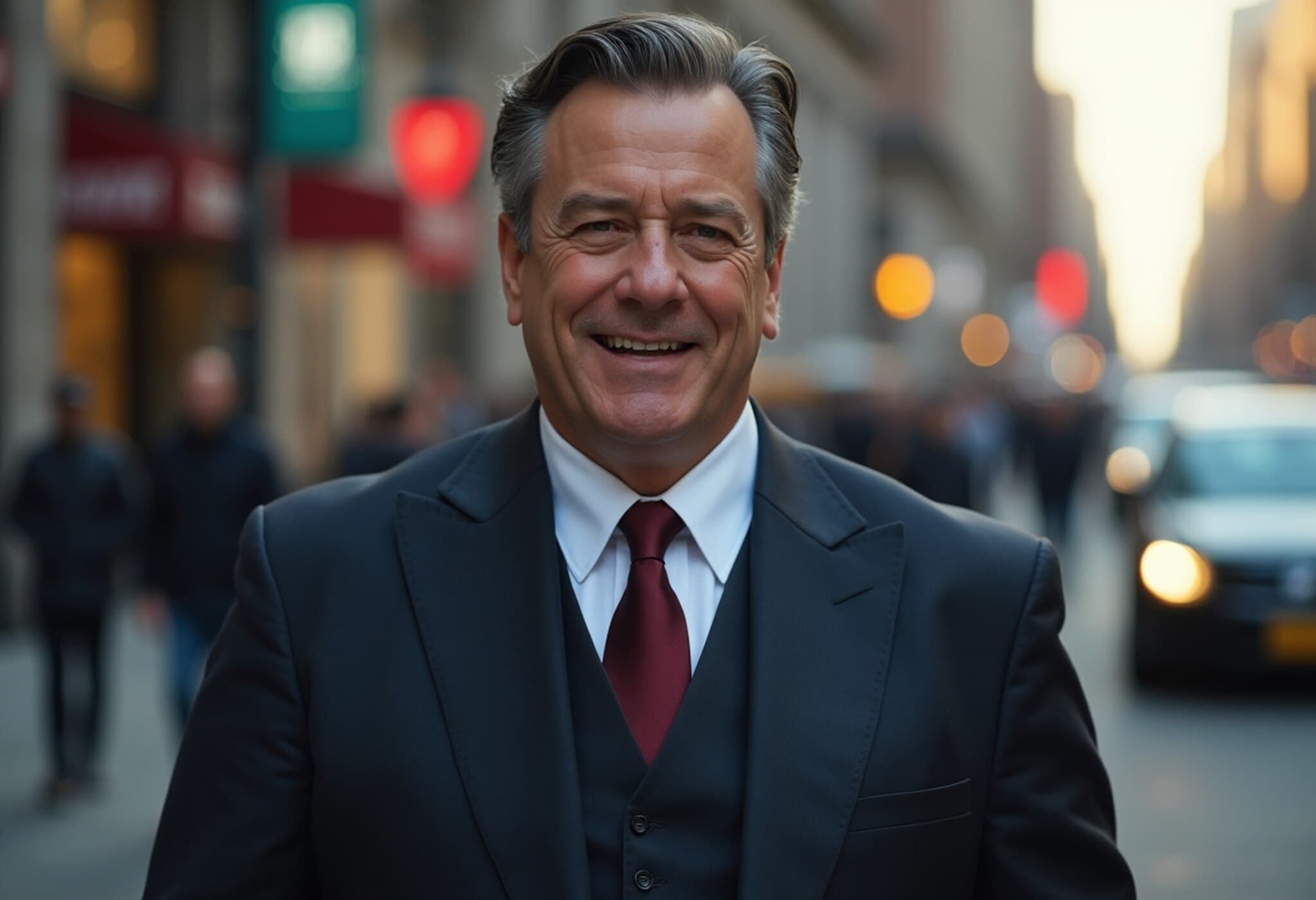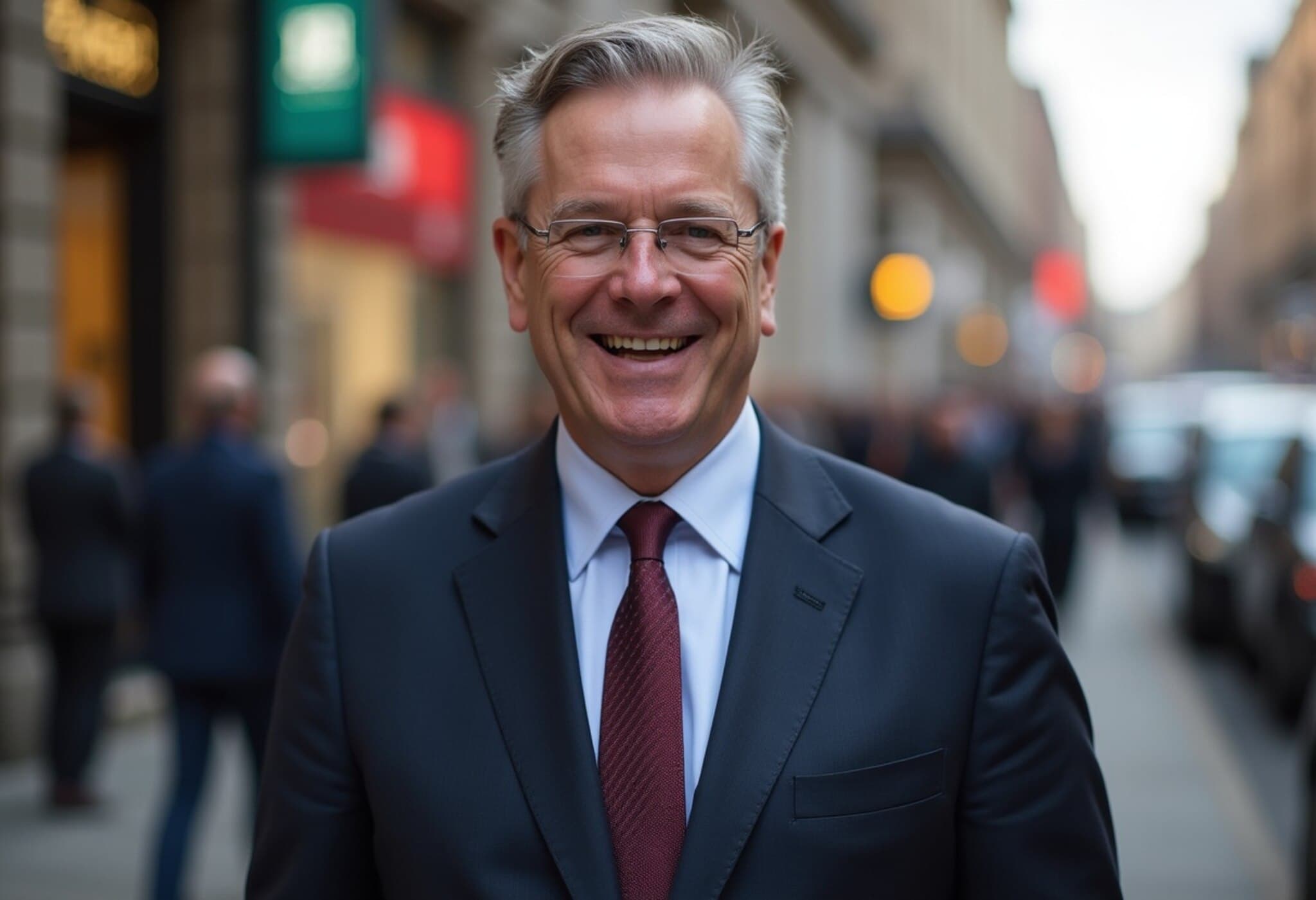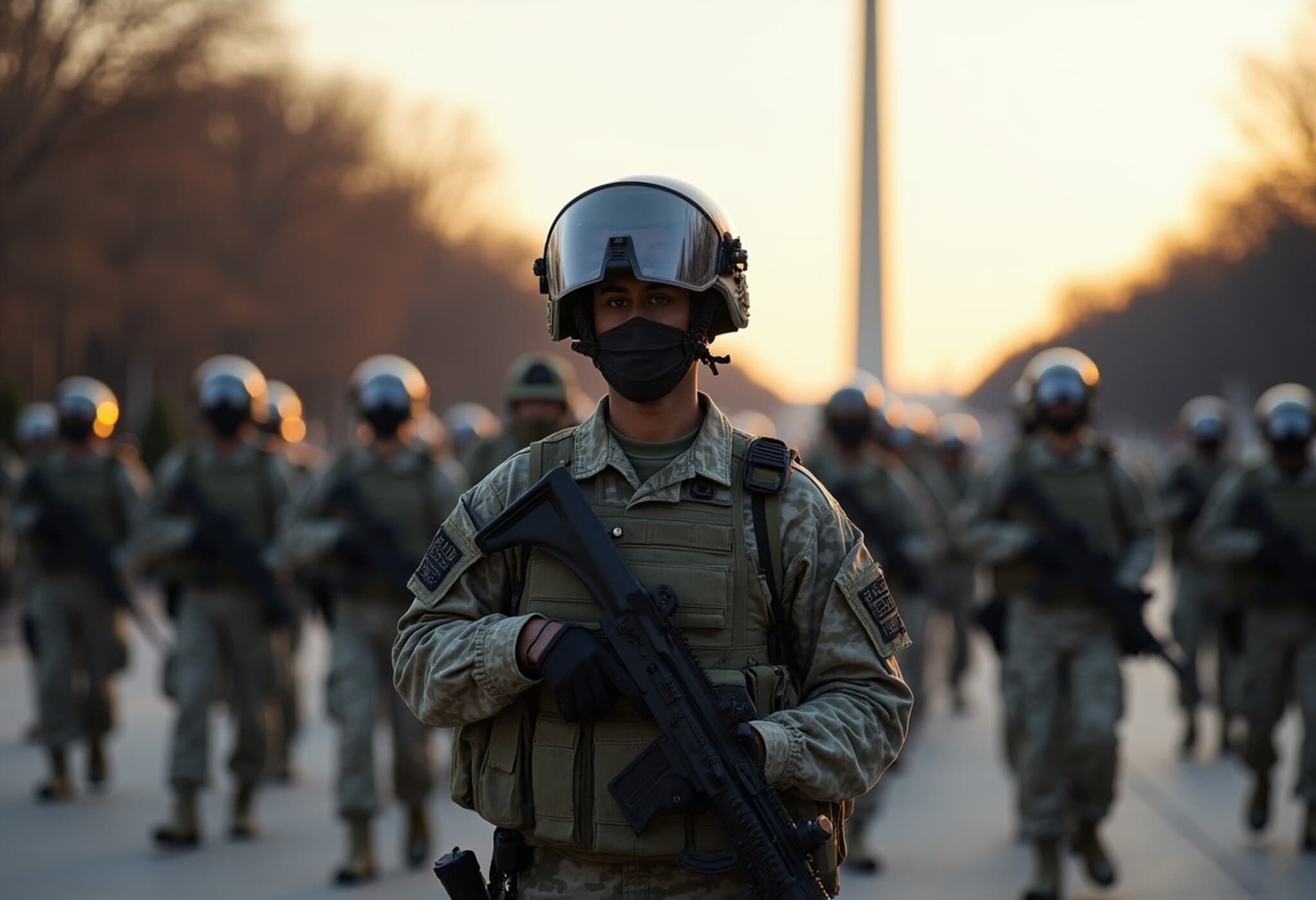Nigel Farage Unveils Hardline Immigration Strategy Focused on Mass Deportations
On August 23, 2025, prominent Brexit campaigner and leader of Reform UK, Nigel Farage, presented a sweeping and stringent immigration policy aimed at dramatically reducing the number of migrants entering Britain via small boats across the English Channel. Speaking to The Times, Farage promised “mass deportations” as a cornerstone of his party’s platform should they form the next UK government.
Key Elements of Farage’s Immigration Plan
- Withdrawal from the European Convention on Human Rights (ECHR): Farage intends to pull the UK out of the ECHR framework, which governs asylum and human rights protections.
- Negotiating Repatriation Deals: Targeted agreements with countries such as Afghanistan and Eritrea—primary nations of migrant origin—to facilitate returns.
- Abolishing Asylum Rights for Small Boat Arrivals: Migrants arriving by this route would lose the right to claim asylum in the UK or legally challenge deportation orders.
- Detention Facilities Expansion: Proposing the creation of holding centers capable of housing 24,000 migrants on UK airbases, backed by a £2.5 billion ($3.4 billion) investment.
- Daily Deportation Operations: Plans to run five flights daily aimed at removing hundreds of thousands of migrants over time.
- Remote Detention Contingency: Utilizing Ascension Island in the South Atlantic as a detention site, symbolizing stringent punitive measures.
Context and Public Reaction
The UK has experienced a sharp rise in Channel crossings, with approximately 37,000 migrants arriving by small boats in 2024, a 25% increase from the previous year. These arrivals constitute nearly 9% of the UK’s net migration. Most originate from countries grappling with conflict or authoritarian regimes, namely Afghanistan, Syria, Iran, Vietnam, and Eritrea.
Public sentiment on immigration has surged to the forefront of political discourse, eclipsing even economic concerns. This shift has been fueled by high-profile cases where some migrants were charged with sexual assault, alongside protests outside accommodation centers housing asylum seekers. Reform UK’s hardline stance resonates with many voters, reflected in their climbing poll numbers and parliamentary presence.
Balancing Security and Human Rights: The Controversy
Farage’s remarks underscore a clear prioritization of national security and public safety over international human rights obligations. When questioned about the dangers deportees may face in countries with poor human rights records, Farage emphasized the safety of British citizens: “I can’t be responsible for despotic regimes all over the world. But I can be responsible for the safety of women and girls on our streets.”
Experts and critics warn that such policies risk violating international law and could undermine the UK's reputation on human rights protections. The proposed withdrawal from the ECHR and international refugee conventions challenges established humanitarian norms, raising critical questions about the UK's legal commitments and moral responsibilities.
Expert Perspective: What Could This Mean for the UK?
From a legal and policy analysis standpoint, Farage’s plan represents a radical departure from decades of UK asylum and immigration frameworks. The intended repeal or disregard of internationally binding agreements could precipitate legal battles domestically and in international courts, potentially isolating Britain diplomatically.
Economically, while some argue that reducing immigration might ease pressure on social services, many analysts highlight that migrants also contribute substantially to the labor market and public finances. Furthermore, the cost implications of extensive detention and deportation operations—projected in the billions—pose significant budgetary challenges.
Politically, the plan taps into the current wave of populism and nationalistic sentiment. However, it risks deepening social divisions and fueling tensions, as seen with recent protests near migrant housing.
Looking Ahead: Immigration Policy Amid Global Challenges
As global displacement reaches record levels due to conflicts, climate change, and political instability, the world faces complex humanitarian and security dilemmas. The UK’s response will significantly impact its international standing and domestic social cohesion.
Farage’s proposals question the balance between compassion and control. They open the door to a broader debate on how modern democracies can uphold human rights while addressing legitimate security concerns—a conversation that will undoubtedly intensify in the UK’s political arena in the coming months.
Editor’s Note
Nigel Farage’s call for mass deportations and withdrawal from human rights treaties presents a stark vision for Britain’s future immigration policy. While resonating with concerns over safety and sovereignty, such measures also raise profound legal and ethical challenges. As Reform UK climbs in popularity, the nation must grapple with reconciling security imperatives with its historic commitment to humanitarian values. For readers, the critical question remains: How far should a country go to protect its borders without undermining the principles that define its identity?

